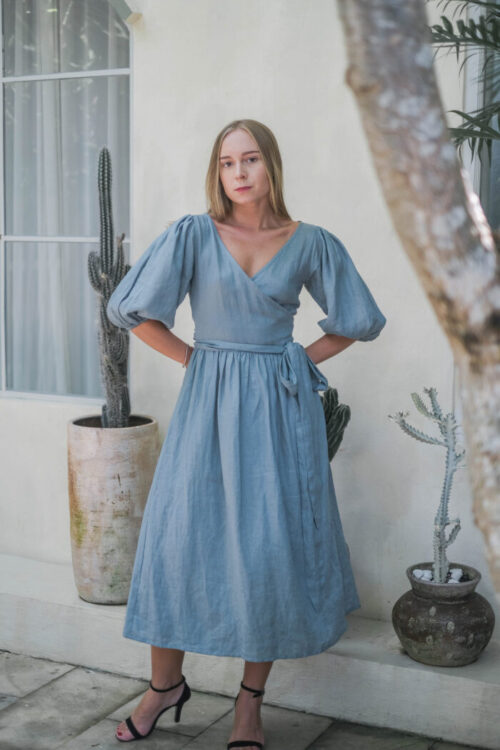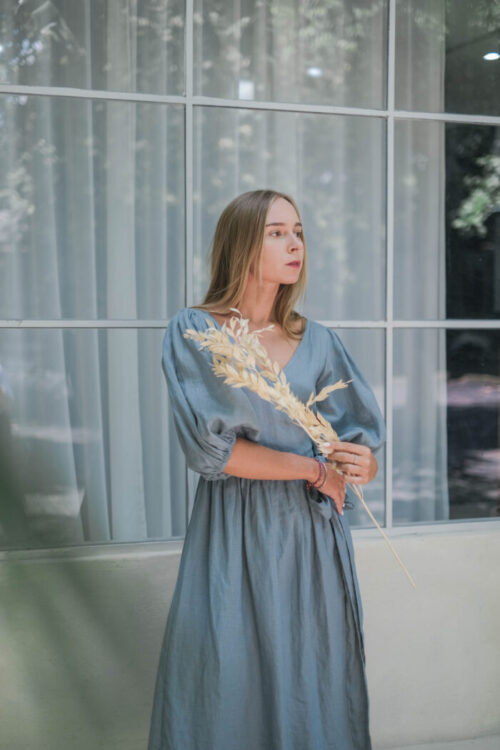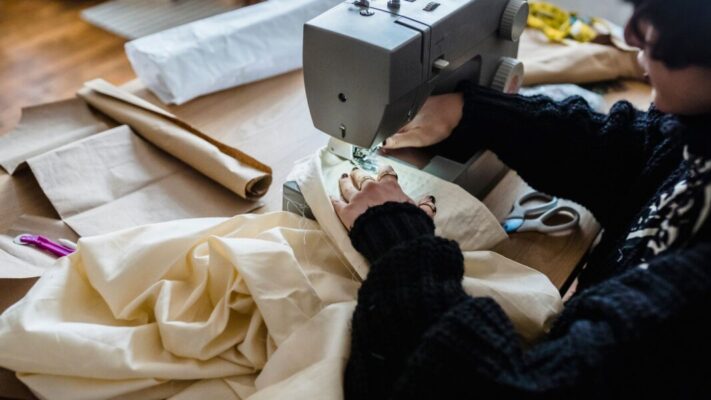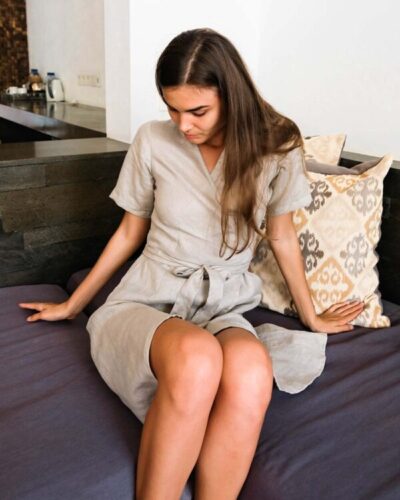Rayon
Rayon is one of the most versatile fabrics around, yet it remains somewhat of a mystery. That’s partly because of its remarkable ability to shape-shift—not just literally, but also in terms of imitating other fabrics.
Rayon has been known to take on the properties of silk, cotton, wool, and others, and can be used in nearly any type of clothing. This can make it challenging to pin down exactly what it is, how to launder it, and what type of weather it’s best suited for.
Rayon, artificial textile material composed of regenerated and purified cellulose derived from plant sources. Developed in the late 19th century as a substitute for silk, rayon was the first man-made fibre.
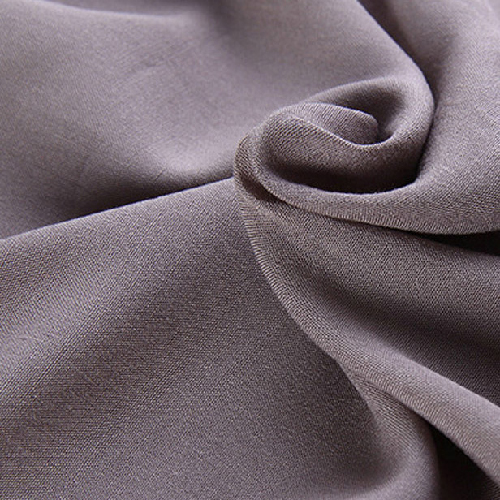
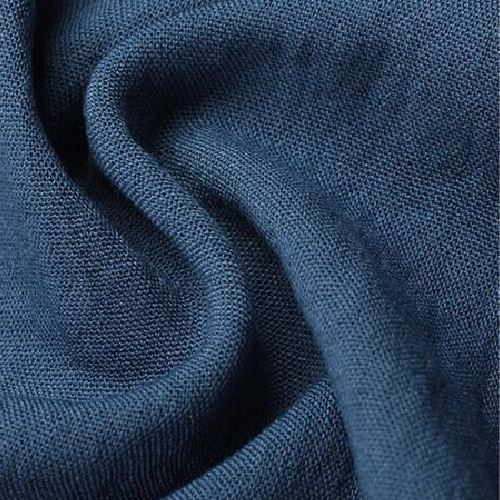
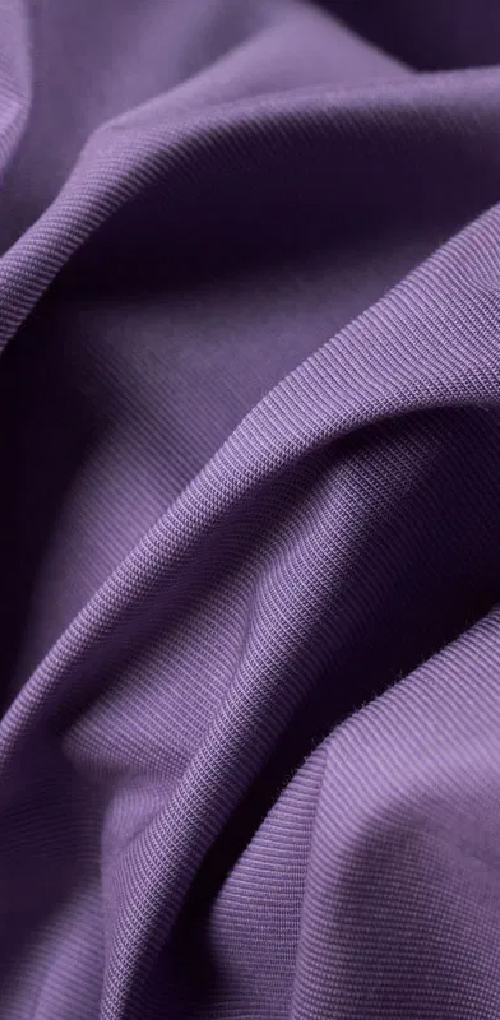
What and How is Rayon Made?
Rayon is made from cellulose obtained from wood pulp–usually from pine, spruce, or hemlock trees—and cotton linters, which are residue fibres clinging to cotton seed after the ginning process.
Viscose rayon is the most common and versatile. It can be blended with man-made or natural fibres and made into fabrics of varying weight and texture. It is also an absorbent, cost-effective and comfortable fabric to wear.
High-wet-modulus rayon is a stronger fibre than the regular version. It is similar to cotton and easy to care for. Fabrics containing modulus rayon can be machine-washed whereas those made of regular rayon need to be dry-cleaned. Whether it is wood pulp or cotton linters, the basic raw material for making rayon must be processed in order to extract and purify the cellulose. The resulting sheets of white, purified cellulose are then treated to form regenerated cellulose filaments. These filaments are then spun into yarns and eventually made into the desired fabric.
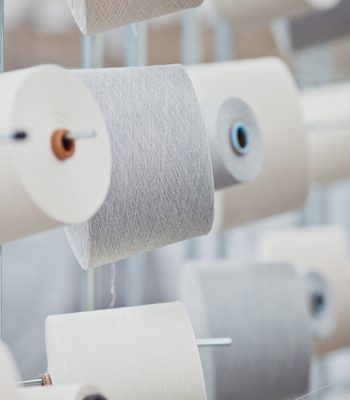
Why Use a Rayon?
Inexpensive but looks and feels luxurious
Some variants of this fabric are known for their silk-like feel
Drapes well
Breathable
Dyes easily resulting in beautiful colours
Blends well with other fibres

